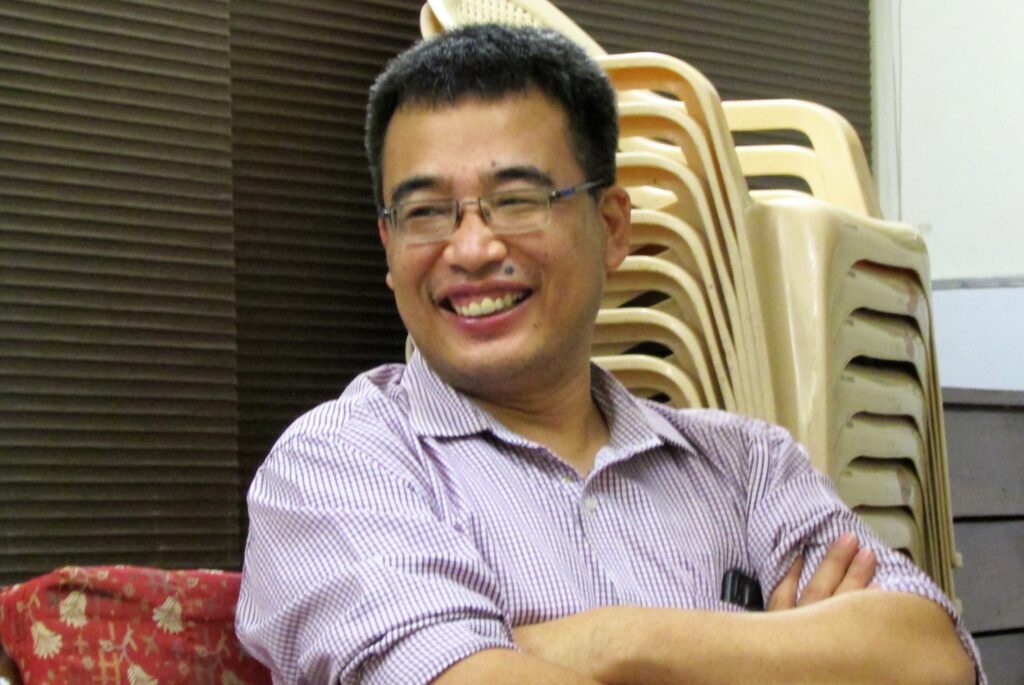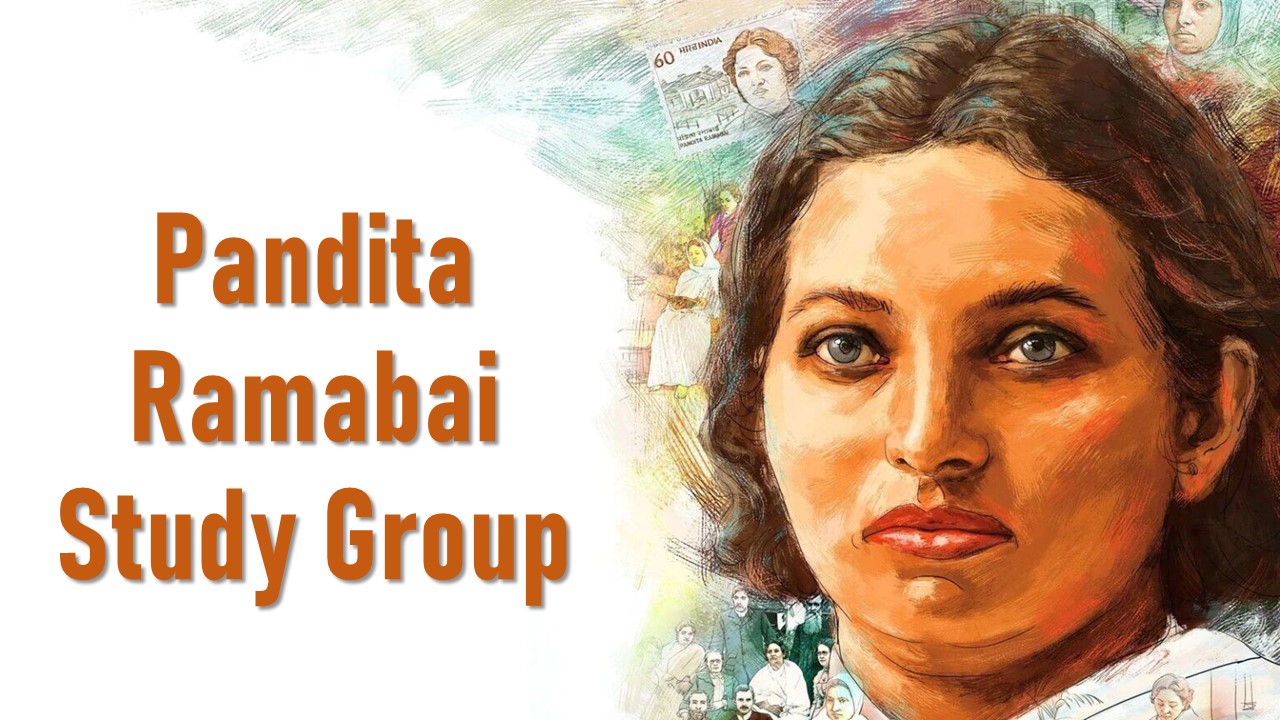Pandita Ramabai group, a University Research Scholars initiative took birth because of the felt need for a space- an interdisciplinary workshop as it were- where researchers could talk about the everyday issues related to their craft/discipline, and discuss any idea, question, concept, problem they are grappling with currently in their work. It is a platform to also share portions of their work as it progresses- draft chapters, essays etc for comments and feedback from others.




As the Pt. Ramabai Study group keeps meeting (once a month), the group feels it is important to keep in mind the larger questions with respect to one’s disciplines and how they relate to each other, and importantly to the Christian faith. Over time those who are not in research but are professionals in different fields have also joined the group, and they too have enriched the discussions by bringing to the group whatever they happen to be reading and thinking about, from the perspective of their field or otherwise.
It is important to share a note on Pandita Ramabai: In 19th century India, it was unheard of for a woman to be learned in Sanskrit or to travel and deliver public lectures. When Pandita Ramabai burst upon the intellectual world of Calcutta in the 1870s she was given the title Sarasvati. Her noted works, Stree Dharma Neeti (1882), and The High Caste Hindu Woman (1887), layed out her ideas for empowerment for her time. Towards the later part of her life She also translated the Bible into Marathi, which rolled out of the printing press run by girls she trained at Mukti Mission. She founded important institutions to encourage women’s education and their right to a dignified and self-reliant life, such as Sarada Sadan in 1889 which later became the Pandita Ramabai Mukti Mission, and the Arya Mahila Samaj in 1882. Throughout her life Pandita Ramabai was unafraid to use her mind and act according to her convictions. She challenged Brahmanical patriarchy as well as the patriarchy and racial superiority she encountered within the Anglican church which she joined after her conversion. In honour of her life and work, we named this group after her.

